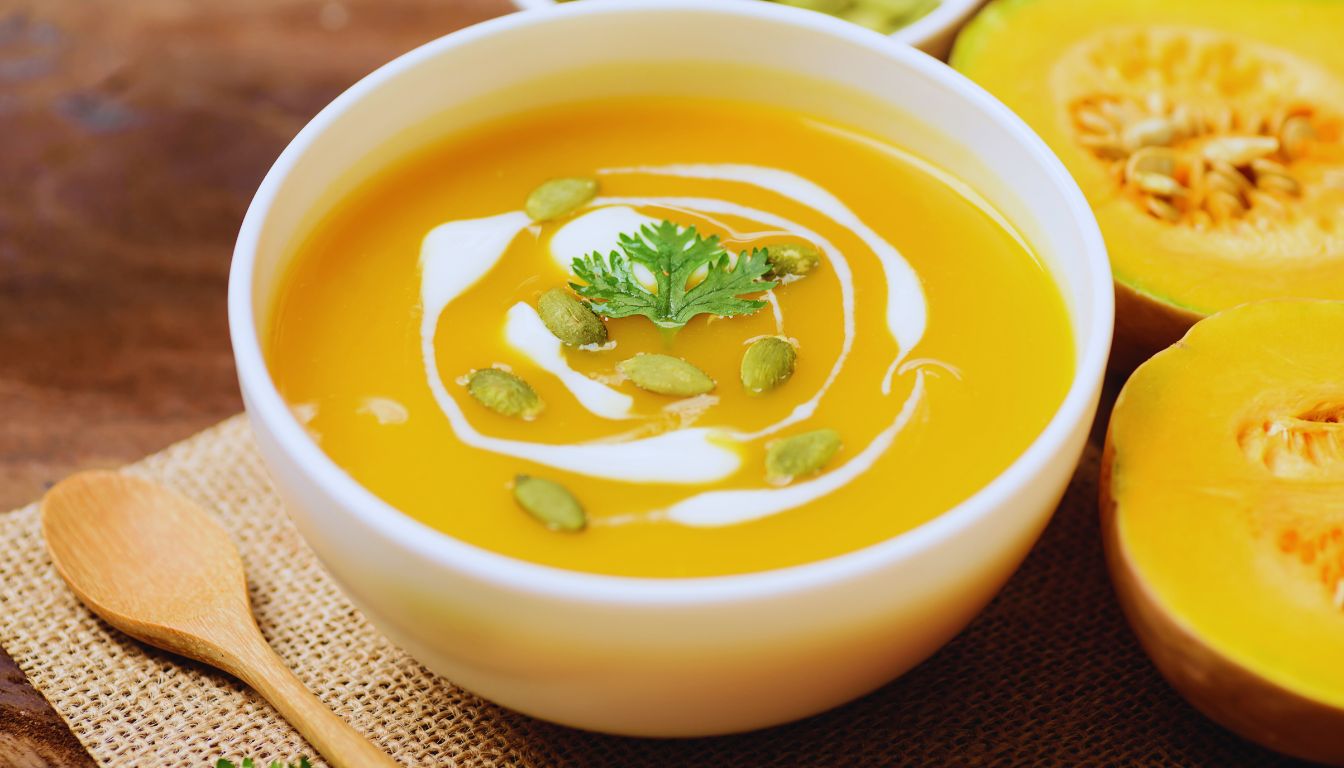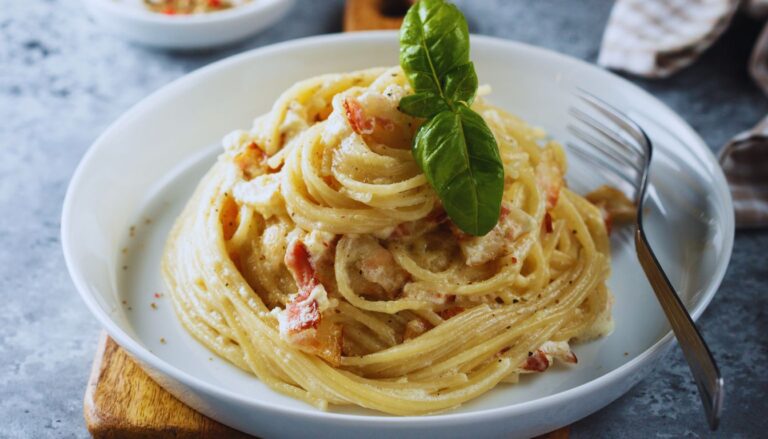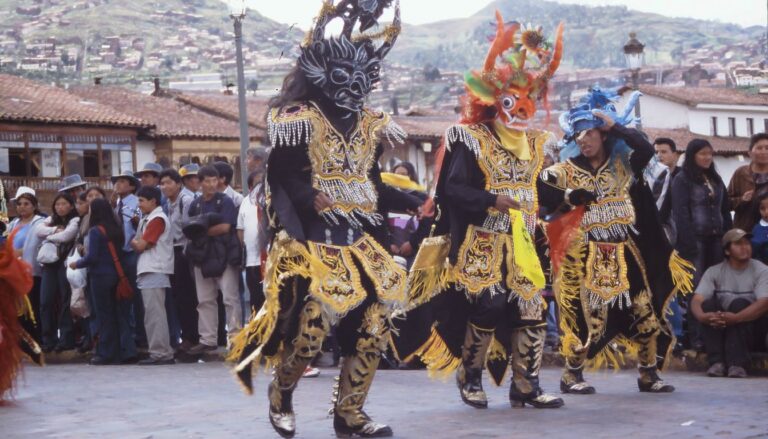Urojo, Zanzibar City Tanzania
In the labyrinthine streets of Stone Town, where centuries of trade winds have carried spices and stories to Zanzibar’s shores, Urojo stands as a delicious testament to the island’s rich cultural fusion. This bright yellow street soup, affectionately known as “Zanzibar Mix” or “Mix Soup,” brings together the archipelago’s diverse culinary influences – African, Indian, and Arabic – in a bowl that captures the essence of Zanzibar’s vibrant street food scene. As the Indian Ocean breeze carries the aroma of turmeric and tamarind through Stone Town’s narrow alleys, locals and visitors alike gather around street carts to savor this beloved dish.
Table of Contents
Origins and History
Urojo’s story reflects Zanzibar’s position as a historic trading hub:
- Emerged during the Omani sultanate period
- Influenced by Indian traders and spice merchants
- Evolved through local African culinary traditions
- Developed in Stone Town’s multicultural environment
- Gained popularity as affordable street food
- Became a symbol of Zanzibar’s cultural melting pot
The dish’s evolution mirrors the island’s history as a crucial point along ancient trading routes, where different culinary traditions merged to create something uniquely Zanzibari.
Cultural Significance
Urojo represents more than just street food in Zanzibar:
- Symbol of cultural fusion and harmony
- Essential part of local street food culture
- Community gathering point
- Representation of Swahili coastal cuisine
- Source of pride for local vendors
- Bridge between different cultural communities
The dish embodies the spirit of “Spice Island” hospitality and the warm welcome extended to visitors from around the world.
Ingredients and Preparation
The magic of Urojo lies in its complex blend of ingredients and textures:
Base Components:
- Mung bean flour soup (yellow curry)
- Crispy bhajias (potato fritters)
- Cassava flakes
- Mbaazi (pigeon peas)
- Boiled eggs
- Fresh chutney
- Tamarind sauce
- Hot sauce
- Crispy onion bhajis
- Fresh herbs and spices
Traditional Preparation Process:
- Creating turmeric-spiced mung bean soup
- Preparing crispy fritters
- Cooking pigeon peas until tender
- Making fresh chutneys and sauces
- Boiling eggs to perfection
- Assembling components in specific order
- Garnishing with fresh herbs
- Adding personal touch with condiments
Where to Try It
Notable Establishments:
- Forodhani Gardens Night Market
- Lukmaan Restaurant
- Darajani Market vendors
- Jaws Corner food carts
Neighborhood Recommendations:
- Stone Town heritage area
- Malindi district
- Darajani Market area
- Forodhani Gardens waterfront
Eating Etiquette and Customs
Understanding local customs enhances the street food experience:
- Eating with right hand is traditional
- Using provided spoons for soup
- Customizing spice levels to taste
- Sharing table space with others
- Respecting vendor’s preparation process
- Expressing appreciation with “Asante” (thank you)
Seasonal Considerations
While available year-round, certain factors affect the experience:
- Best enjoyed in cooler evening hours
- Ramadan timing affects availability
- Festival seasons bring special variations
- Tourist high season means longer queues
- Rainy season may affect street vendor locations
- Fresh ingredients vary by season
Modern Interpretations
While maintaining its essence, some adaptations exist:
- Restaurant-style presentations
- Health-conscious variations
- Additional protein options
- Modern garnishes
- Packaged spice mixes
- Contemporary serving vessels
Practical Information and Travel Tips
Essential knowledge for the perfect Urojo experience:
- Most vendors operate from morning until evening
- Prices range from 3,000-5,000 TZS per bowl
- Best eaten fresh and hot
- Bring cash for street vendors
- Look for busy stalls with high turnover
- Consider food tours for exploration
- Ask locals for recommended vendors
- Stay hydrated while enjoying spicy versions
Making Your Urojo Journey Memorable
Embrace the vibrant street food culture of Stone Town by exploring different Urojo vendors, each offering their unique twist on this beloved dish. Take time to watch the careful assembly process, interact with friendly vendors, and appreciate how each component contributes to the symphony of flavors. Remember that every bowl of Urojo connects you to centuries of Zanzibar’s spice trading heritage and its continuing evolution as a cultural crossroads.













